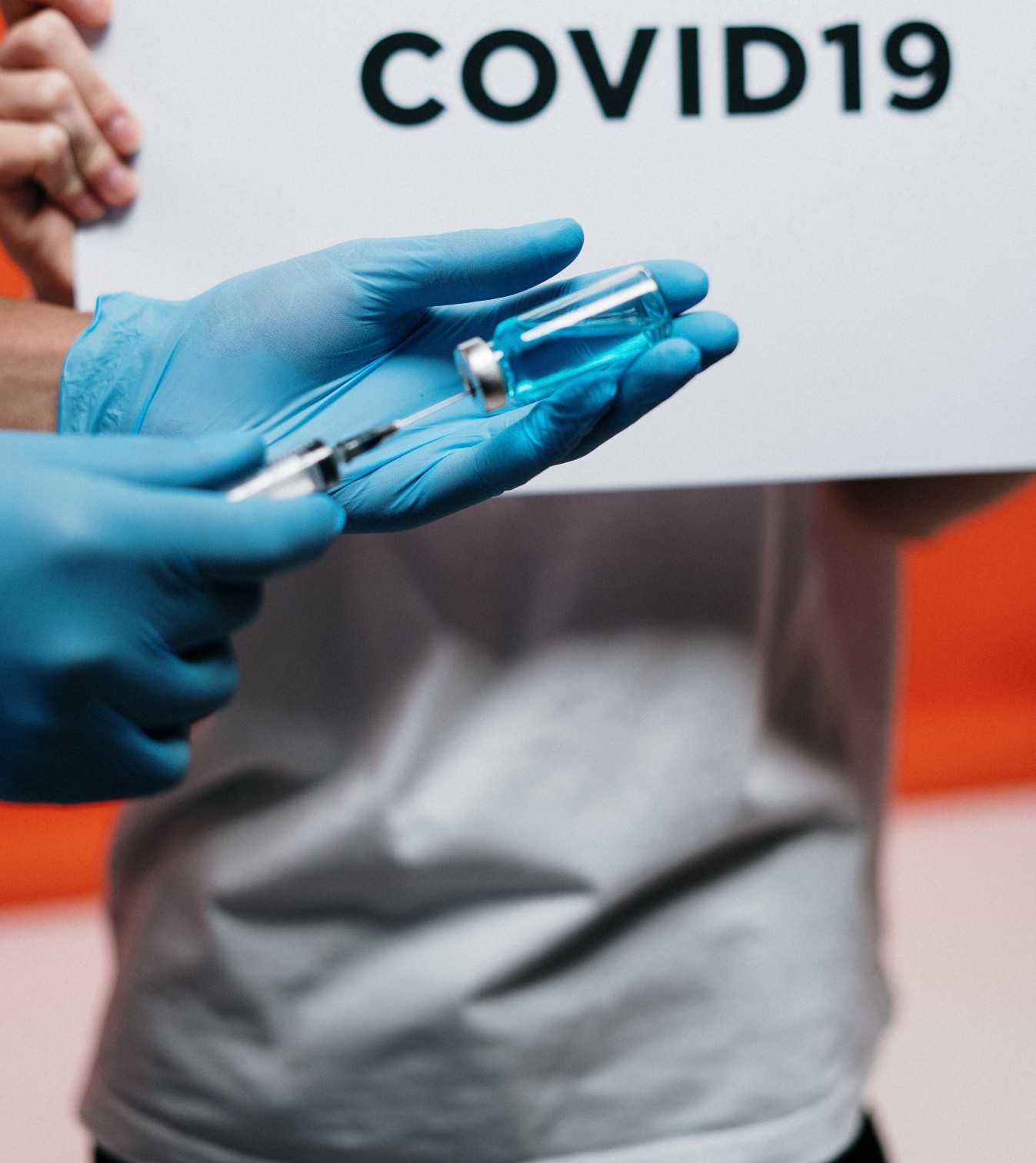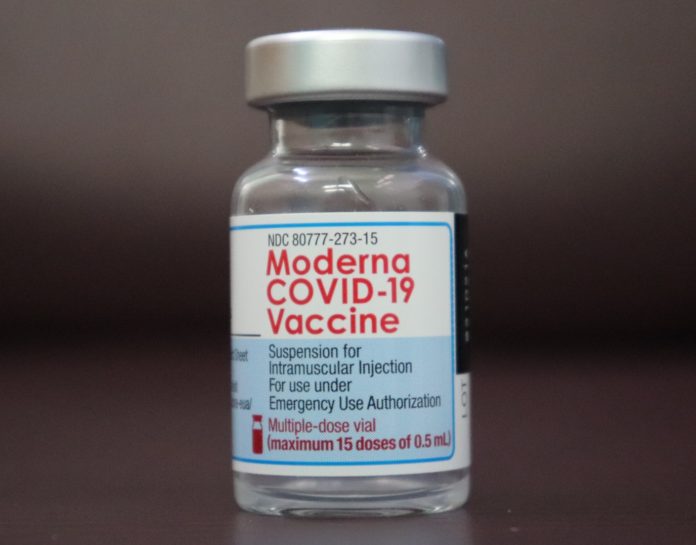By Roseleen Nzioka
Nairobi, Kenya: Only five African countries are projected to hit the year-end target of fully vaccinating 40 percent of their people, the World Health Organisation (WHO) has said.
This is less than 10 percent of Africa’s 54 nations with most of them still grappling to acquire basic essential vaccination commodities such as syringes.
Three African countries, Seychelles, Mauritius, and Morocco have already met the goal that was set in May by the World Health Assembly, the world’s highest health policy-setting body. Unless efforts to accelerate the pace happens, WHO projects that at the current pace just two more countries, Tunisia and Cabo Verde, will also hit the target.
In addition, limited access to crucial commodities such as syringes may slow the rollout of COVID-19 vaccines in Africa. UNICEF has reported an imminent shortfall of up to 2.2 billion auto-disable syringes for COVID-19 vaccination and routine immunization in 2022. This includes 0.3ml auto-disposable syringes for Pfizer-BioNTech COVID-19 vaccination, said WHO.
In a press release issued on October 28, WHO said that there is no global stockpile of the 0.3ml specialized syringes, which differ from the 0.5ml syringes used for other types of COVID-19 vaccines and routine vaccination.

The market for 0.3ml auto-disable syringes is tight and extremely competitive. As such, these are in short supply and will remain so through at least the first quarter of 2022. Already some African countries, such as Kenya, Rwanda, and South Africa, have experienced delays in receiving syringes, said WHO.
“The looming threat of a vaccine commodities crisis hangs over the continent. Early next year COVID-19 vaccines will start pouring into Africa, but a scarcity of syringes could paralyze progress. Drastic measures must be taken to boost syringe production, fast. Countless African lives depend on it,” said Dr. Matshidiso Moeti, WHO Regional Director for Africa.
The COVAX Facility is working to address this threat by securing deals with syringe manufacturers, and through better planning to avoid deliveries outpacing the supply of syringes.
In October, around 50 million COVID-19 vaccine doses have arrived in Africa, which is almost double what was shipped in September. COVAX, the global platform to ensure equitable access to vaccines, has delivered almost 90 percent of the vaccines deployed this month and has accelerated its shipments since July.
However, at the current pace, Africa still faces a 275 million shortfall of COVID-19 vaccines against the year-end target of fully vaccinating 40 percent of its people.
Africa has fully vaccinated 77 million people, just 6 percent of its population. In comparison, over 70 percent of high-income countries have already vaccinated more than 40 percent of their people.
Additionally, 42 percent of African countries have not yet completed district-level plans for their campaigns, while nearly 40 percent have not yet undertaken intra-action reviews which are key to refining and improving their vaccination campaigns.
“In Africa, planning must become much more granular. This way we can spot challenges before they arise and nip any problems in the bud. WHO is supporting African countries in developing, improving, and implementing their National Vaccine Deployment Plans and continually refining their COVID-19 vaccine rollouts as they proceed,” said Dr. Moeti.
WHO is conducting emergency support missions to five African countries to help support, speed up and improve their COVID-19 vaccine rollouts, with plans for missions to another 10 countries this year. WHO experts are working with local authorities and partners on the ground to analyze the reasons for any delays, and how best to address them. In South Sudan, authorities aim to ensure that the WHO mission will help the country meet its goal of achieving a tenfold increase in the daily COVID-19 vaccination rate, from 2 000 to 25000, said WHO.
Nearly 8.5 million COVID-19 cases and more than 217 000 deaths have been recorded in Africa. In the week ending on October 24, there were more than 29 300 new cases, a drop of nearly 30 percent compared with the previous week.
“Ten African countries are still in resurgence, including four with the upward trend or high plateau: Gabon, Congo, Cameroon, and Egypt. The Delta variant has been found in 41 countries, the Alpha variant in 47, and Beta in 43,” said WHO.
Dr. Moeti spoke during a virtual press conference on Thursday, facilitated by APO Group. She was joined by Dr. Sabin Nsanzimana, Director-General, Rwanda Biomedical Centre, and Mr. Sibusiso Hlatjwako, Director of External Affairs for PATH in the Africa Region & PATH Country Representative, South Africa.
WHO’s Dr. Phionah Atuhebwe, New Vaccine Introduction Officer, and Dr. Thierno Balde, Deputy Incident Manager for COVID-19 response were also present.














